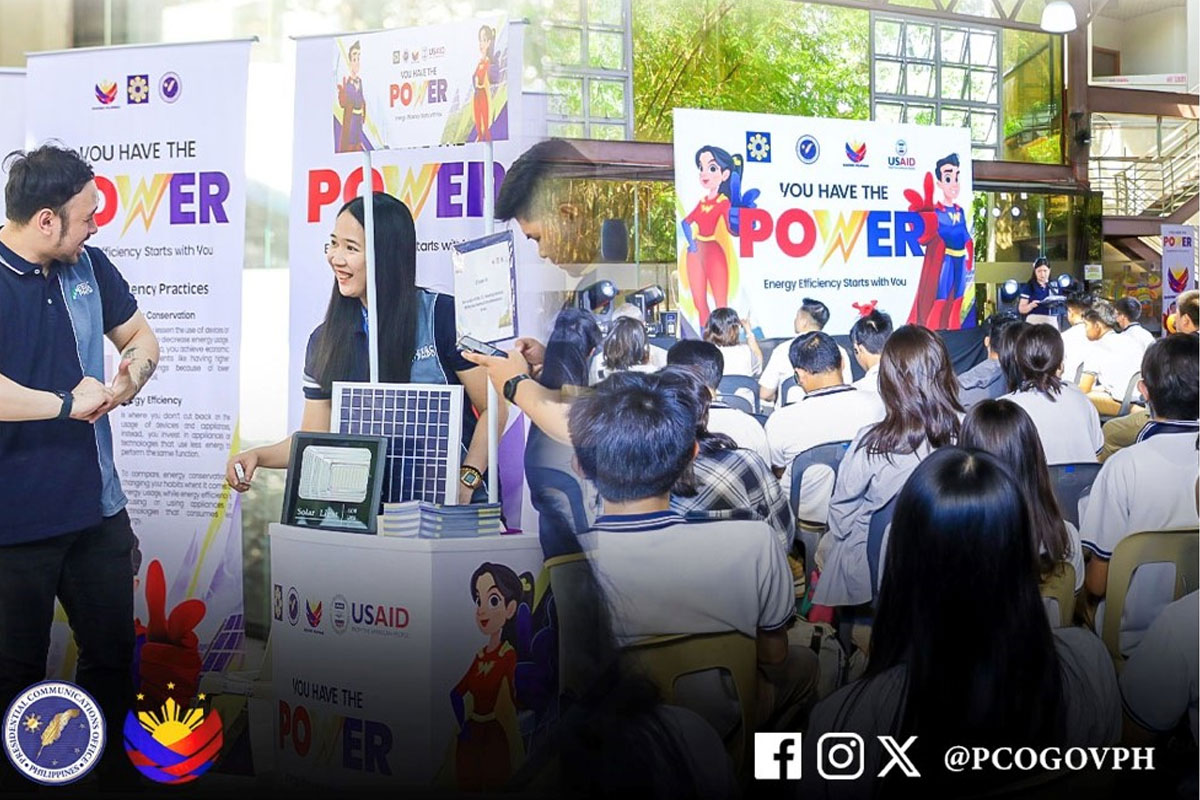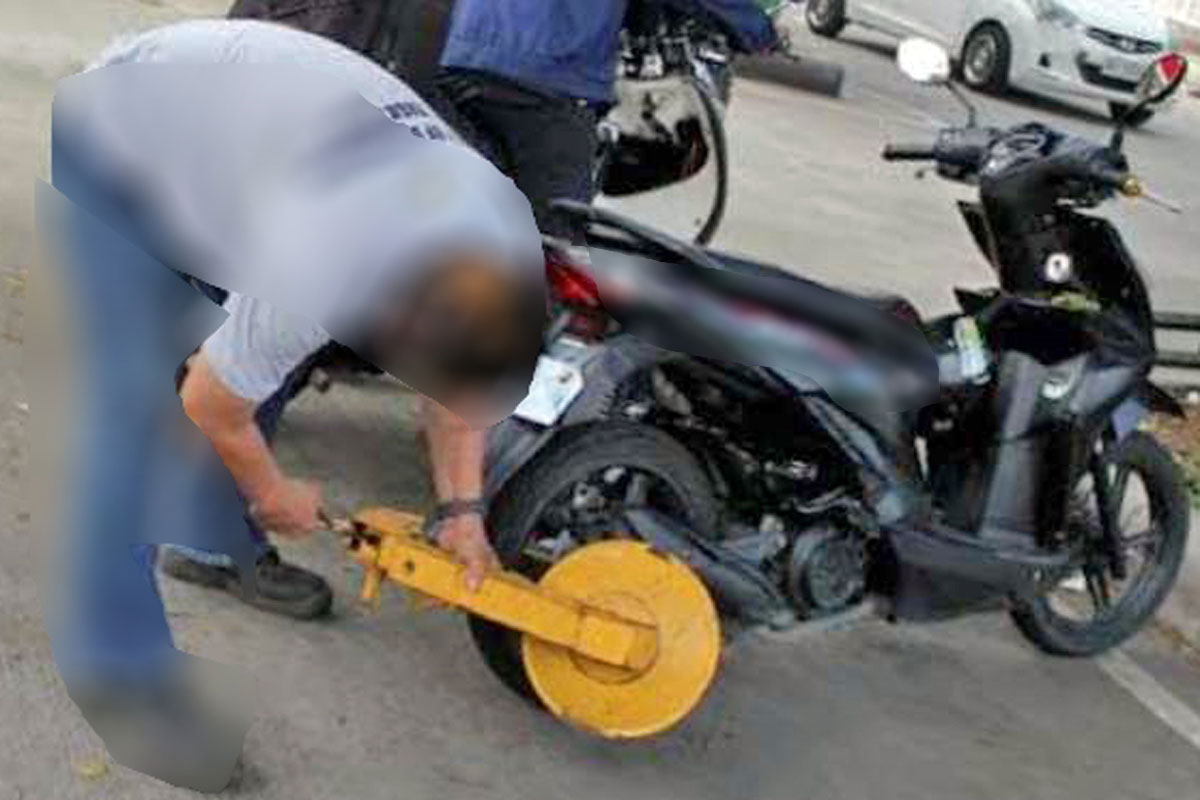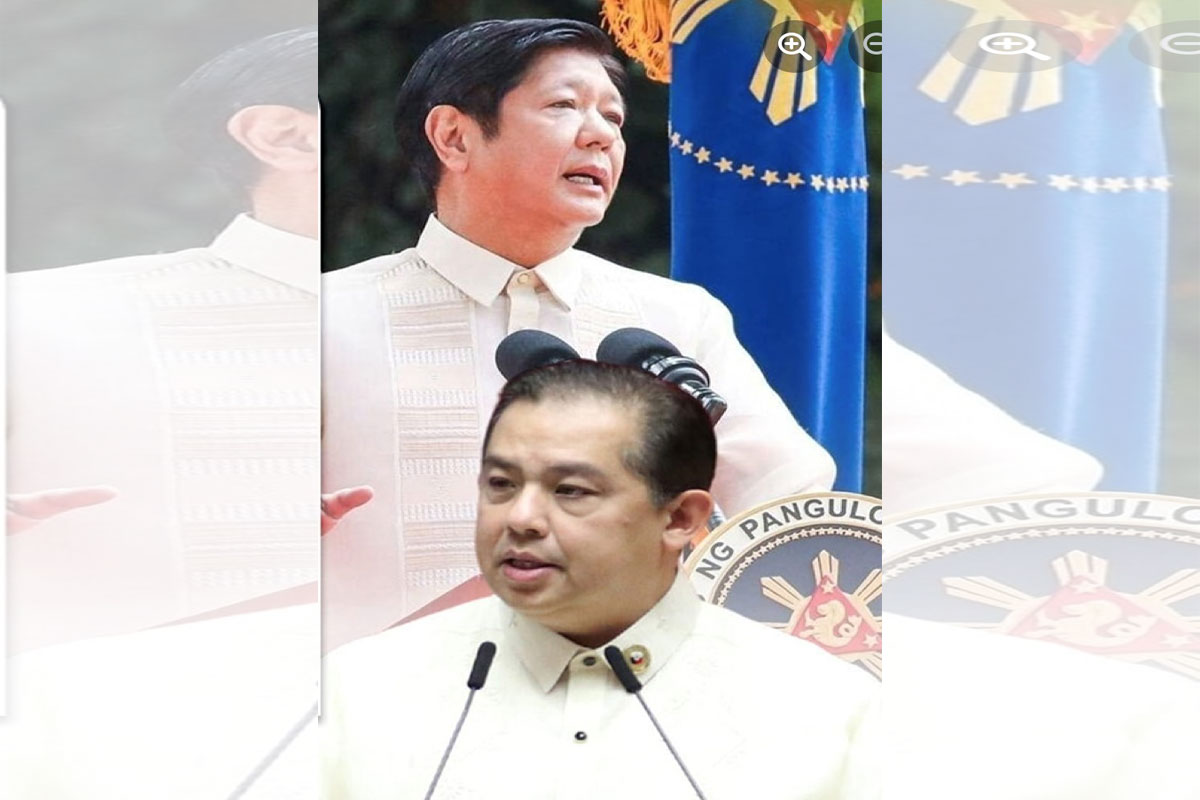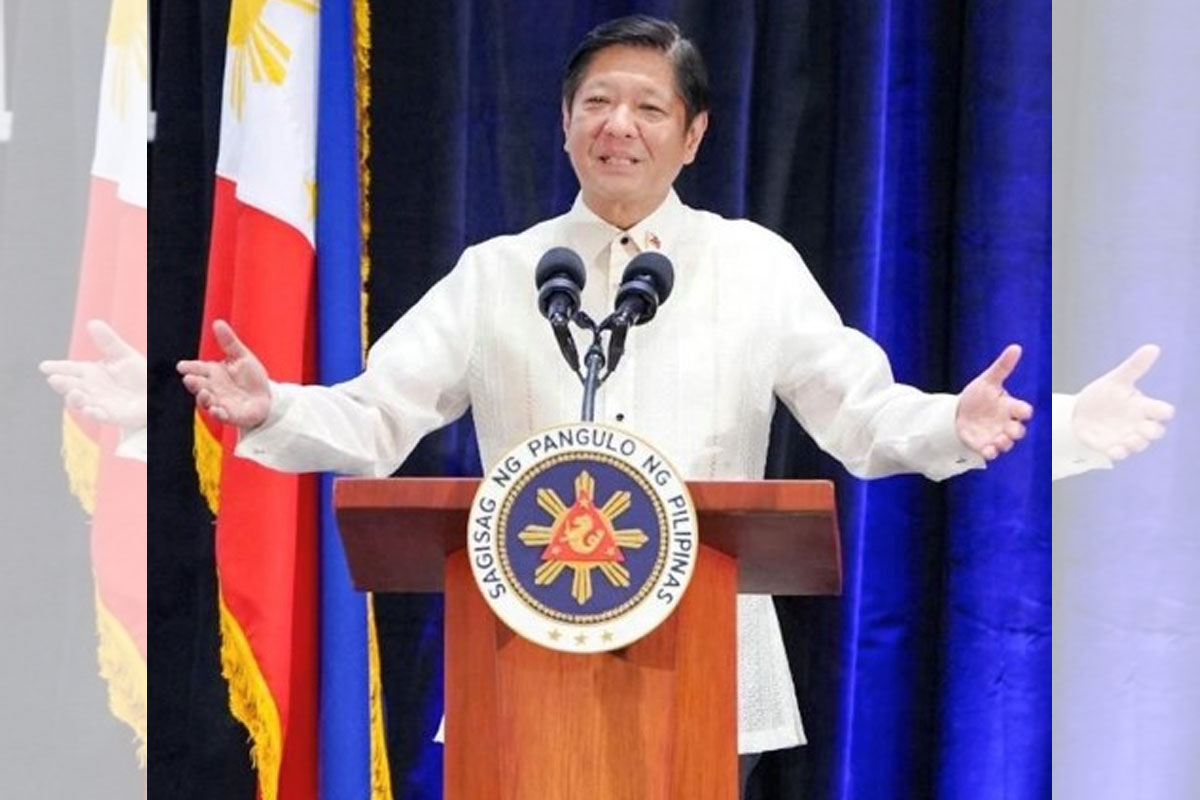
House, Pagcor urged to review POGO tax law
CAMARINES Sur Representative LRay Villafuerte expressed belief that Congress may have to work with the Philippine Amusement and Gaming Corporation (Pagcor) in conducting an early review of the law taxing Philippine Offshore Gaming Operators (POGOs) if lawmakers want to halt the exodus of these foreign-based firms and enable the Marcos Jr. administration to raise more cash for its priority programs from this once booming online enterprise.
“With the new government in need of much bigger revenue streams to adequately fund its priority social welfare programs, among others, the Congress may have to engage the Pagcor in an early revisit of the POGO law to find out if rationalizing the tax rates or offering additional incentives are necessary to prevent the remaining POGOs from leaving and enticing those that have left since RA (Republic Act) 11590 took effect to return to our country,” Villafuerte said.
Villafuerte noted that because half of Pagcor’s gaming revenues are remitted to the national government (NG), a bigger revenue take—from sources like POGOs—will naturally let the Marcos Jr. administration spend more on its nation-building programs, particularly those on uplifting the lives of marginalized sectors.
Among the project beneficiaries of Pagcor’s annual remittances to the national government are the Universal Health Care Program (UHC) and the Health Facilities Enhancement Program (HFEP).
“We may have to take stock of RA 11590 and possibly introduce amendments that could put a stopper to the exodus of POGOs and, hopefully, lure back those that have left and attract other online gaming firms currently based elsewhere,” he said, “as a potentially dramatic increase in revenues from Pagcor’s once booming sector would go a long way in helping the Marcos administration set aside a lot more funds for its priority programs like social safety nets for the poor and marginalized.”
Villafuerte, the president of the National Unity Party (NUP), said that with “a larger revenue take, particularly from the lucrative online gaming, the government could, for example, provide adequate funds for its planned social safety nets, such as the higher monthly pension for senior citizens, the cash aid for solo parents and the Libreng Sakay free bus rides along EDSA.”
He is the co-author of the laws doubling the monthly pension of indigent senior citizens to P1,000 (RA 11916) and providing a P1,000 monthly subsidy to low-income solo parents (RA 11861) and was the first lawmaker to push the Departments of Transportation (DOTr) and of Budget and Management (DBM) to extend “Libreng Sakay” when it ended last June 30.
Mr. Marcos, on his first full day as President last July 1, approved the extension of Libreng Sakay up to end-December, clearing the way for the subsequent release by the DBM of an additional P1.4 billion to enable the DOTr to continue providing up to the yearend free bus rides for commuters along the EDSA Carousel busway.
The former Camarines Sur governor was referring to the law (RA 11590) signed by then-President Rodrigo Duterte that imposed on offshore licensees a 5% gaming tax based on gross gaming revenue (in lieu of all other direct and indirect national and local taxes); a 25% non-gaming income tax on all taxable revenue sources in and out of the Philippines, if the licensee is based here, or 25% non-gaming tax on taxable income derived from the Philippines only, if the licensee is based abroad; and a 2% tax on their gross revenues as regulatory fees.
Moreover, the law imposed a 25% final withholding tax (FWT) on these POGOs’ foreign employees assigned to the Philippines and a 0-35% graduated individual income tax on these aliens for any income earned from all other sources in the Philippines; and regular income tax on the net taxable income of these POGOs’ service providers.
As defined by RA 11590, offshore licensees are overseas gaming operators that are duly licensed by the Pagcor or any special economic zone (SEZ) or freeport or tourism zone agency or tourism zone to do offshore gaming operations and accept bets from bettors outside the Philippines.
POGO service providers, meanwhile, are persons or firms that provide ancillary services to offshore gaming licensees, such as information technology (IT) support, customer relations, payment solutions, and live streaming or Live Studio services.
Legislators learned earlier this week during a 2023 budget hearing of the House appropriations committee on Pagcor revenues that the high tax regime for POGOs under RA 11590 has led to the regulator’s lower revenue take from this sector, as half of the registered licensees have already shut down or left the country and transferred to new host-countries with less prohibitive taxes like Cambodia, Vietnam and the United Arab Emirates (UAE).
Before Pagcor started registering POGOs, many online gaming firms operating under licenses issued only by SEZ authorities were just remitting measly revenues or none to the government.
Pagcor reported that from P73.72 million in 2016, government income from its regulatory fees alone collected from POGOs went up to P3.12 billion in 2017, P6.11 billion in 2018, and P5.73 billion in 2019. In the first quarter of 2020, POGOs already paid P1.80 billion in regulatory fees alone.
Collections from POGO applications, processing, and regulatory fees totaled P20.83 from 2016 to March 2020, said Pagcor.
This amount excluded taxes and fees collected by other agencies like the Bureau of Internal Revenue (BIR) from these firms’ corporate taxes and their employees’ income taxes, the Bureau of Immigration (BI) from its visa fees, and the host-local government units (LGUs) from their local taxes.
Although POGOs mainly employ foreign nationals, mostly Chinese, and cater exclusively to foreign bettors, their ancillary service providers, like those in IT support and Live Studio, employ local workers.
Pagcor said the POGO sector employs over 30,000 Filipinos, excluding those in auxiliary or supplementary industries like retail, transportation, or real estate.
In last year’s congressional hearings on the then-proposed General Appropriations Act (GAA) for 2022, then-Pagcor chairperson Andrea Domingo revealed that almost half of the registered POGOs have already closed shop and relocated to Cambodia, Vietnam, or Laos.
These POGOs’ mass exit has resulted in a revenue drop, she said, as Pagcor’s tax collections from these licensees were expected to only reach P4 billion for the entire year of 2022, or just half of the regulator’s annual average take of P8 billion to P9 billion in previous years.

















